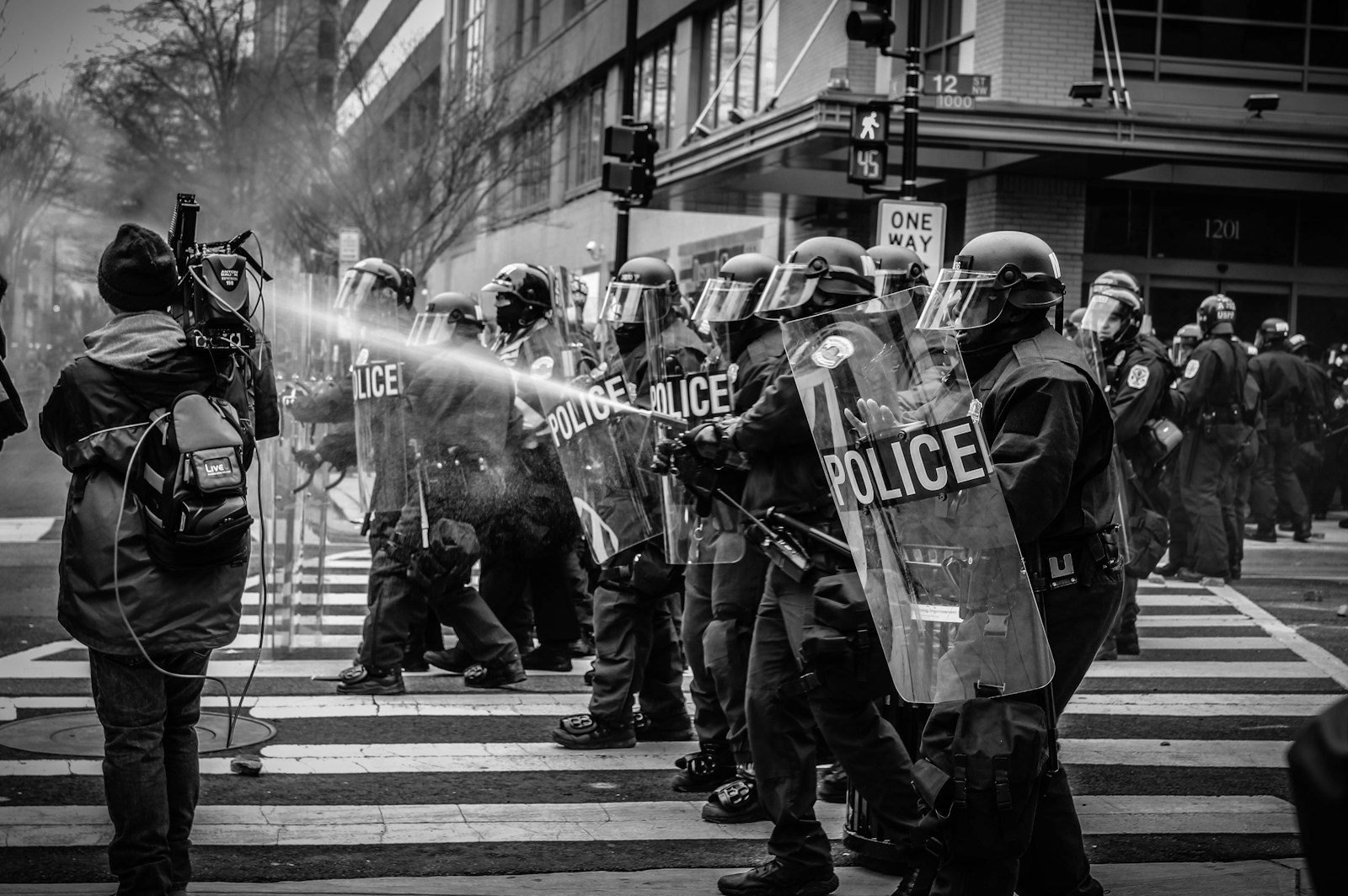Approximately 140 law enforcement officers were injured during the January 6, 2021, attack on the U.S. Capitol. This includes both Capitol Police and Metropolitan Police officers. The injuries sustained ranged from minor to severe, with some officers requiring hospitalization. Additionally, four officers who responded to the attack died by suicide in the subsequent months.
For a detailed discussion on the number of police officers injured during the January 6th events, you might find the following video informative:
The January 6, 2021, attack on the U.S. Capitol resulted in several fatalities:
Immediate Deaths:
- Ashli Babbitt: A 35-year-old Air Force veteran, Babbitt was fatally shot by a Capitol Police officer as she attempted to breach a barricaded door leading to the Speaker’s Lobby inside the Capitol.
- Kevin Greeson (55) and Benjamin Phillips (50): Both men died from heart attacks during the events.
- Rosanne Boyland (34): Initially believed to have been trampled, Boyland’s death was later attributed to an accidental overdose.
Law Enforcement Fatalities:
- Officer Brian Sicknick: A Capitol Police officer who engaged with rioters and was sprayed with a chemical substance. He collapsed hours after the attack and died the following day from natural causes, specifically two strokes.
- Post-Event Suicides: In the months following the attack, four officers who had responded to the Capitol unrest died by suicide:
- Officer Jeffrey Smith of the Metropolitan Police Department.
- Officer Howard Liebengood of the Capitol Police.
- Officer Kyle DeFreytag of the Metropolitan Police Department.
- Officer Gunther Hashida of the Metropolitan Police Department.
These events underscore the profound and lasting impact of the January 6 attack on individuals present that day.
Former President Donald Trump was not indicted during his presidency due to a longstanding Department of Justice (DOJ) policy that prohibits charging a sitting president with a federal crime. This policy, established by the DOJ’s Office of Legal Counsel, asserts that indicting a sitting president would unconstitutionally undermine the capacity of the executive branch to perform its duties.
Special Counsel Robert Mueller, who led the investigation into Russian interference in the 2016 election, adhered to this policy. In his report, Mueller stated that charging the president with a crime was “not an option we could consider” due to the DOJ’s policy. He further noted that while the report did not conclude the president committed a crime, it also did not exonerate him.
After leaving office, Trump became subject to several investigations, leading to multiple indictments. These include charges related to the mishandling of classified documents and alleged attempts to overturn the 2020 election results. The timing of these indictments reflects the complexities and durations of legal investigations, as well as the challenges inherent in prosecuting a former president.
Following his presidency, former President Donald Trump faced multiple legal challenges, leading to several indictments:
1. New York State Indictment (March 2023):
- Charges: 34 felony counts of falsifying business records in the first degree. These charges were linked to payments made during the 2016 presidential campaign, allegedly to suppress information that could have harmed his candidacy.
- Outcome: In May 2024, Trump was found guilty on all counts. Sentencing was initially scheduled for November 2024 but was postponed following his election victory.
2. Federal Indictment on Classified Documents (June 2023):
- Charges: 37 federal charges, including unauthorized retention of national defense information, obstruction of justice, and making false statements. The indictment alleged that Trump improperly stored classified documents at his Mar-a-Lago residence and obstructed government efforts to retrieve them.
- Outcome: The trial commenced in August 2023. However, in July 2024, Judge Aileen Cannon dismissed the case. Following Trump’s re-election in November 2024, the prosecution withdrew its appeal.
3. Federal Indictment on Election Interference (August 2023):
- Charges: Conspiracy to defraud the United States, obstruction of an official proceeding, and conspiracy against rights. These charges stemmed from alleged attempts to overturn the 2020 presidential election results.
- Outcome: After Trump’s 2024 election victory, Special Counsel Jack Smith moved to dismiss this prosecution, citing constitutional protections for sitting presidents.
4. Georgia State Indictment (Date Not Specified):
- Charges: Related to alleged efforts to interfere with Georgia’s 2020 election results.
- Outcome: Progress on this case has been delayed due to legal complexities and Trump’s presidential status.
It’s important to note that the legal proceedings against Trump have been influenced by his political status. The Department of Justice maintains a policy against indicting a sitting president, leading to delays or dismissals in certain cases following his re-election.

Leave a Reply